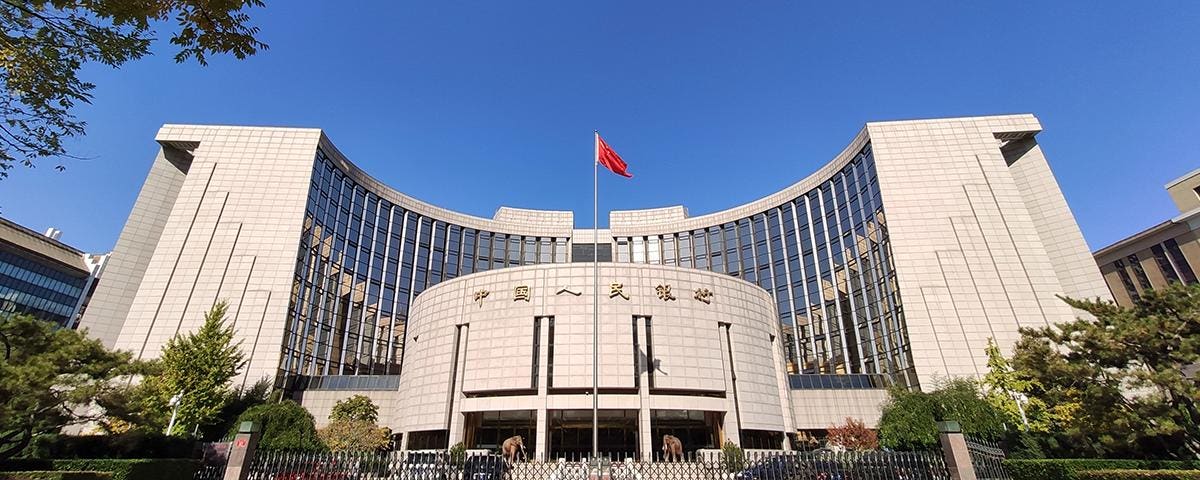Key News
Asian equities were mixed on lower volumes overnight as Hong Kong underperformed the region.
The People’s Bank of China (PBOC), China’s central bank, unexpectedly cut the 1-year medium-term lending facility (MLF) rate by 15 basis points from 2.65% to 2.50%. Most analysts had expected the rate to be unchanged. Although a small cut, going above expectations in terms of policy easing is a sign that officials are serious about supporting the economy. This also opens the possibility of a cut to the 5-year loan prime rate (LPR), which sets mortgage rates and would go a long way in helping the real estate sector.
3,200 for the Shanghai Composite appears to be the the line in the sand as we’ve repeatedly seen policy support announced and inflows from long-term Mainland investors as the index dips below that level. Last night, the index closed at 3,178.
China also released industrial output and retail sales last night, both of which came in below estimates, which may have also prompted the unexpected rate cut. Meanwhile, unemployment edged up slightly.
A big deal is being made of China refraining from reporting youth unemployment for July. Our China economist friend noted that youth unemployment tends to be skewed higher by recent graduates who are waiting for acceptable positions given their education levels. These people are often supported by family members and are not actively looking for work, though they may be counted as unemployed. It is possible that the National Bureau of Statistics (NBS) is trying to correct this data issue. Nonetheless, the absence of the figure speaks volumes as fixing this is a priority for China’s leaders. In my opinion, this is positive for the internet sector, which has historically provided the most jobs to recent graduates.
The massive inflows seen over the past two weeks into four Mainland-listed ETFs tracking the CSI 300 Index, which tracks the largest Mainland-listed stocks, may indicate that Beijing’s “national team” is attempting to support the stocks market. The potential that state-owned actors are now using ETFs is new for China and follows in the footsteps of Japan’s central bank.
The Hang Seng and Hang Seng Tech indexes both closed lower by -1.03% and -0.70%, respectively, overnight on volume that decreased -21% from yesterday. Short sale turnover was also -26% lower compared to yesterday. Meanwhile, Mainland investors bought a net $866 million worth of Hong Kong stocks via Southbound Stock Connect. Cross-sector declines were seen in the top-traded names, though pharmaceutical names were a bright spot.
Shanghai, Shenzhen, and the STAR Board all closed lower by -0.07%, -0.66%, and -1.40%, respectively, overnight on volume that decreased -5% from yesterday. Foreign investors sold a net $1.2 billion worth of Mainland stocks via Northbound Stock Connect. However, the top-traded names were mostly higher with financials leading the group while energy and technology names were lower.
Last Night’s Performance
Last Night’s Exchange Rates, Prices, & Yields
- CNY per USD 7.28 versus 7.26 yesterday
- CNY per EUR 7.97 versus 7.91 yesterday
- Yield on 1-Day Government Bond 1.35% versus 1.37% yesterday
- Yield on 10-Year Government Bond 2.58% versus 2.62% yesterday
- Yield on 10-Year China Development Bank Bond 2.68% versus 2.73% yesterday
- Copper Price -0.13% overnight
- Steel Price +0.74% overnight
Read the full article here



